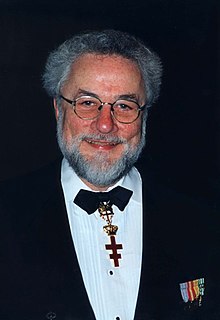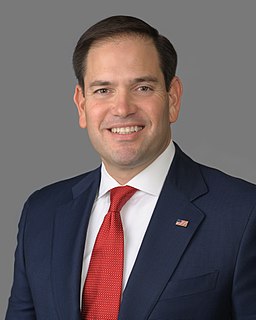A Quote by Woodrow Wilson
No peace can last, or ought to last, which does not recognize and accept the principle that governments derive all their just powers from the consent of the governed, and that no right anywhere exists to hand peoples from sovereignty to sovereignty as if they were property.
Related Quotes
While the game of deadlocks and bottle-necks goes on, another more serious game is also being played. It is governed by two axioms. One is that there can be no peace without a general surrender of sovereignty: the other is that no country capable of defending its sovereignty ever surrenders it. If one keeps these axioms in mind one can generally see the relevant facts in international affairs through the smoke-screen with which the newspapers surround them.
A share in the sovereignty of the state, which is exercised by the citizens at large, in voting at elections is one of the most important rights of the subject, and in a republic ought to stand foremost in the estimation of the law...That portion of the sovereignty, to which each individual is entitled, can never be too highly prized. It is that for which we have fought and bled.
The concept of national sovereignty has been an immutable, indeed sacred, principle of international relations. It is a principle which will yield only slowly and reluctantly to the new imperatives of global environmental cooperation. It is simply not feasible for sovereignty to be exercised unilaterally by individual nation states, however powerful. The global community must be assured of environmental security.
But the right is more precious than peace, and we shall fight for the things which we have always carried nearest our hearts--for democracy, for the right of those who submit to authority to have a voice in their own Governments, for the rights and liberties of small nations, for a universal dominion of right by such a concert of free peoples as shall bring peace and safety to all nations and make the world itself at last free.
There is no attribute of God more comforting to His children than the doctrine of Divine Sovereignty. Under the most adverse circumstances, in the most severe troubles, they believe that Sovereignty hath ordained their afflictions, that Sovereignty overrules them, and that Sovereignty will sanctify them all.
Governments are instituted among men, deriving their just powers from the consent of the governed, that whenever any form of government becomes destructive of these ends, it is the right of the people to alter or abolish it, and to institute new government, laying its foundation on such principles, and organizing its powers in such form, as to them shall seem most likely to effect their safety and happiness.
In
the creation of the federal government, the states exercised the
highest act of sovereignty, and they may, if they please, repeat the
proof of their sovereignty, by its annihilation. But the union possesses
no innate sovereignty, like the states; it was not self-constitute d; it
is conventional, and of course subordinate to the sovereignties by
which it was formed.

































